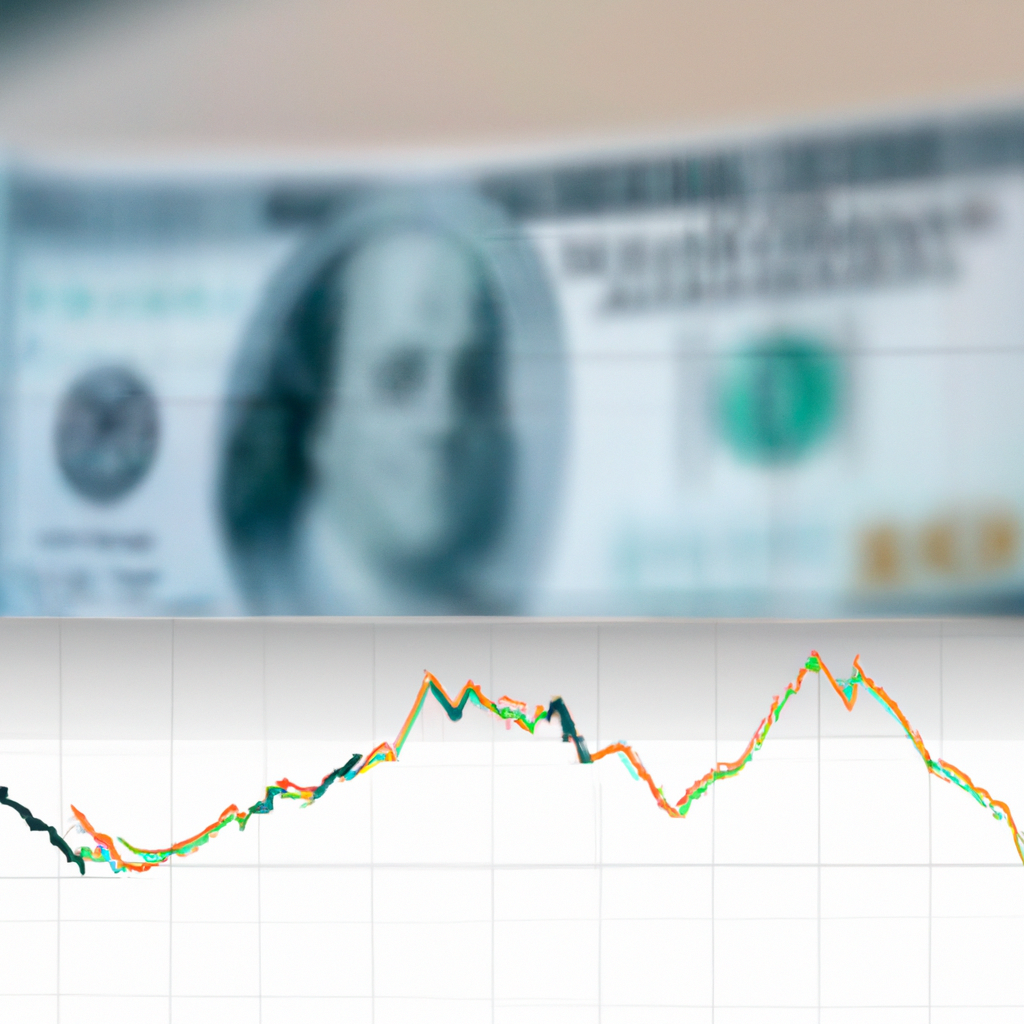Concerns over a potential U.S. recession triggered a significant drop in global markets following the disappointing July jobs report released on Friday. Investors are worried that the Federal Reserve is lagging in its response to the economic slowdown, choosing to maintain interest rates at their highest levels in two decades.
Should the Dow continue on its current downward trajectory, it would mark its first 1,000-point drop since September 2022.
U.S. stock futures plummeted on Monday, contributing to a widespread market sell-off linked to fears of a recession in the U.S. Japan’s Nikkei 225 index experienced a staggering 12% decline, marking its worst performance since the 1987 Black Monday crash on Wall Street.
Additionally, a downturn in the previously thriving artificial intelligence sector was evident, as technology stocks significantly underperformed during early trading on Monday.
In Asia, Japanese stocks confirmed a bear market following the disappointing U.S. jobs report. The Nikkei index closed at 31,458.42, suffering a 12.4% decline—the steepest drop it has experienced since the 1987 crash—and the largest in terms of points, losing 4,451.28 points.
Other global stock markets were also heavily affected:
U.S. Treasury yields fell sharply amid recession fears, as investors turned to bonds for safety. The benchmark 10-year note yielded 3.76% on Friday, a decrease from 4.20% the previous week and the lowest it has been in a year.
Bitcoin saw a significant drop, falling from nearly $62,000 on Friday to approximately $52,000 by Monday.
In Europe, the Stoxx 600 index fell by 2.6% in London.
Discussions are arising regarding the unwinding of the yen “carry trade,” which has contributed to the global market decline after the Bank of Japan raised interest rates last week. This has led to a strengthening of the yen against the U.S. dollar, disrupting traders’ practice of borrowing in this lower-cost currency to invest in international assets.
“It’s painful,” stated Victoria Greene, chief investment officer at G Squared Private Wealth, during an interview on CNBC’s “Worldwide Exchange.” She noted the negative effects of various factors including Berkshire Hathaway reducing its stake in Apple, the sell-off in Japan, and the spike in the yen. “There’s a lot of bad news getting priced in.”
Greene characterized the current situation as “a pullback, a correction,” suggesting that the markets would likely reach an oversold state relatively quickly.
On Friday, the Nasdaq concluded its third consecutive week of losses, dropping more than 10% from a peak reached the previous month. The S&P 500 also recorded three weeks of losses, falling 2% over the past week. Even the Dow Jones Industrial Average, which had been performing well, ended a four-week winning streak with a 2% decline. As of Monday, the S&P 500 was down 5.7% from its recent all-time high.
Economic data scheduled for release on Monday includes the July ISM Services PMI, which is expected to show an increase to 50.9, up from 48.8 previously.
